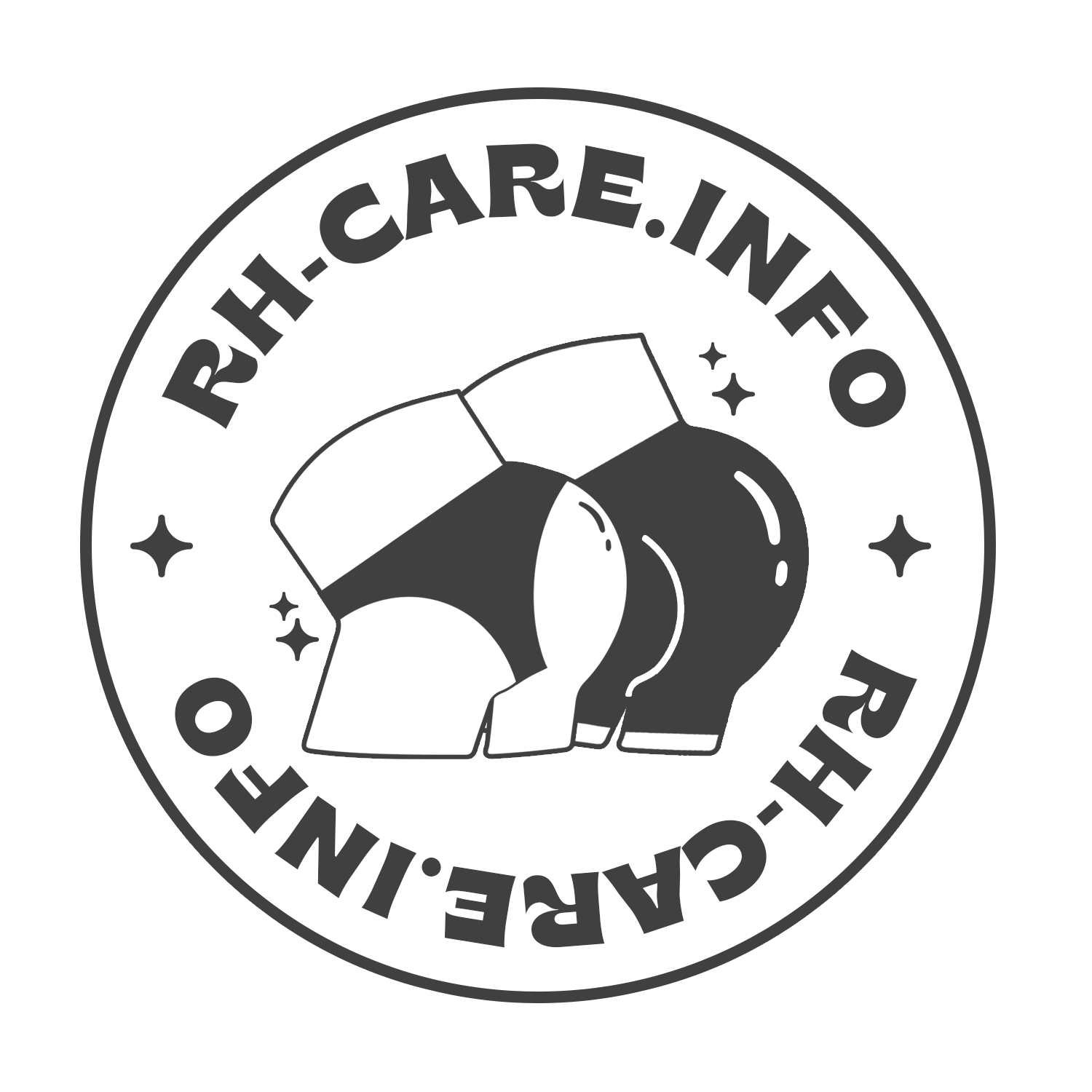25% of Young Filipino Married Women are in Danger of Domestic Violence
Spousal violence is also known as domestic violence or intimate partners violence. It is a behavioral pattern of abuse to any relationship that is used by a partner to gain control and dominate over an intimate partner.
Spousal violence is also known as domestic violence or intimate partners violence. It is defined as a behavioral pattern of abuse to any relationship that is used by a partner to gain or maintain control and dominate over an intimate partner.
Some men control their partners due to the following reasons:
- Patriarchal views that encourage men to believe they are entitled to power and control over their partner
- They feel that there is a need to control their partner due to low self-esteem and extreme jealousy
- Undiagnosed personality disorder or psychological disorder that resulted to difficulties in managing anger and other strong emotions
- Feeling inferior to the other partner in education and socioeconomic background
- Traditional belief that women are not equal to men
- Growing up in a family where violence was accepted as a normal
- Seeing violence often or may have been victims themselves
- Alcoholism and drug addiction
Spousal violence is one element in the overall issue of violence against women, in fact, based on the 2007 Philippine National Demographic and Health Survey, approximately one in four Filipino women have experienced spousal violence.
Here are some of different types of spousal violence:
Physical abuse
This is the most recognized type of abuse it includes: hitting, burning, damaging personal property, refusing medical care and/or controlling medication, coercing partner into substance abuse.
Emotional abuse
It occurs when an intimate partner seeks to control his loved one by: name calling, insulting, blaming the partner for everything, intimidation, shaming, humiliating, isolation, controlling what the partner does and where the partner goes and stalking.
Sexual abuse
It is a common spousal abuse that is often takes in the form of marital rape, attacking sexual parts, physical violence that is followed by forcing sex, sexual harrassment (unwelcome touching and penetration). Forcing into not to use contraception or having an abortion is also known as reproductive coercion.
Economic abuse
Controlling financial assets and effectively putting partners on an allowance, financial secrets or hidden accounts, refusing to provide financial support and spending money on non essential such alcohol, misuse drugs and hobbies.
Psychological abuse
It includes verbal abuse, invoking fears, intimidation, threatening to hurt women and their children, family and friends; destruction of property; injuring the pets; isolating the victim from loved ones; and prohibiting the victim from going to school or work.
Here are some of the reasons why many women still choose to stay in an abusive relationship:
- Sacrificing their own safety for the sake of the children
- Still have feelings of love for their partner and fond memories of how things used to be
- Desire to help, or love their partners with hopes that they could still change them
- Hopes and believe that things will get better
- Worried about financial security and uncertain to their future if ever they leave
- Feel ashamed and reluctant to tell or seek help
- Low confidence and self esteem in making decision
- Isolated from family and friends and feel they have no one to turn to
- Got a negative response, when they reached out to someone for support in the past
- No information on services available
If you are or know anyone who is experiencing any of these forms of violence, remember that you are not alone. Stand up, seek help, and speak up! Please report or contact immediately the following offices:
Interagency Council on Violence Against Women and Children: +63 917 874 8961 or +63 916 398 1228 or +63 917 867 1907. Landline: (02) 8735 1654 loc. 122 / (02) 8733 6611 Email: iacvawc@pcw.gov.ph.
Ministry of Social Services and Development BARMM: +63 950 727 1396.
City Social Welfare and Development Office – Marawi City: +63 945 465 0809
DILG: +63 927422 6300 and +63 961 772 1668
PNP – Women & Children Protection Center (WCPC): (02) 8410 3213. Email: wcpc_pnp@yahoo.com / wcpc_vawcd@yahoo.com / avawcd.wcpc@pnp.gov.ph
Aleng Pulis Hotline: (+63) 919 777 7377
NBI – Violence Against Women & Children Desk (VAWCD): (02) 8523 8231 to 38 or (02) 8525 6028. Email: vawcd@nbi.gov.ph
DSWD: (02) 8931 8101 to 07 and Text Hotline: +63 918 912 2813
DSWD – NCR Ugnayan Pag-asa Crisis Intervention Center: (02) 8734 8639 / (02) 8734 8654 / (02) 8734 8626 to 27
DSWD Community-Based Services Section (CBSS): (02) 8733 0010 to 18 loc. 116
Public Attorney’s Office (PAO): (02) 8929 9436 local 106, 107 or 159 (Local “0” for operator) and (+63) 939 323 3665. Email: pao_executive@yahoo.com
If you need to see a Women and Children Protection Unit located near you, use our HEALTH FACILITY LOCATOR. Simply input your location, then select “Women and Children Protection Unit” and click on the search button. The results will show the facilities with WPCU within a 10 kilometer radius from your location.



